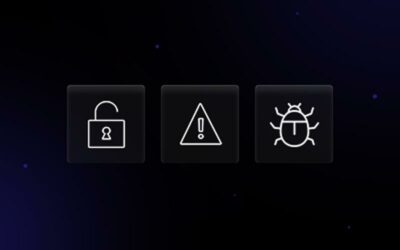Since the early days, technology has gradually been introduced into the medical field. Beginning with simple items such as quills and ink for writing prescriptions to more complex inventions such as x-ray machines and MRIs, technology has forever changed healthcare. Today, technology is an integral part of the medical profession, from diagnosing and treating patients to managing medical records. The most important technological advancements in healthcare include:
1) ACCESSIBILITY
Healthcare is more accessible than ever before. With telemedicine, patients can connect with doctors and specialists from anywhere in the world. This allows for faster diagnosis and treatment of illnesses.
The way healthcare is provided has been completely revolutionized by technology. It has made it more accessible and improved the quality of care. This has made it possible for patients to get appointments online and see their doctors remotely through telemedicine, which has eliminated the need to travel long distances for treatment, saving both time and money.
Likewise, technology has allowed patients access to more information. If patients want to know more about who they’re seeing or compare physicians in their area, all they need to do is Google reviews for doctors.
2) EFFICIENCY
Technology has made healthcare more efficient. By automating many tasks, such as prescription refills and lab tests, technology has sped up the process of getting care. There’s no doubt about the level of efficiency that has been brought on board with the rise of growing tech. One example of this is the use of electronic health records (EHRs). EHRs are digital versions of patients’ medical records that can be accessed by healthcare providers anywhere in the world. This allows doctors to get a complete understanding of their patient’s medical history and make better-informed decisions about their care.
Patients may now get healthcare easily, thanks to technology. For example, online pharmacies allow patients to order prescription drugs from the comfort of their homes. This can help save time and money by eliminating the need to go to a physical pharmacy.
Overall, technology has made healthcare more efficient and accessible for everyone. It has allowed doctors to provide better care for their patients and has made it easier for patients to access the healthcare they need.
3) ACCURACY
Technology has made healthcare more accurate by providing doctors and other medical professionals with new ways to diagnose and treat patients. Diagnostic tools like MRIs and CT scans have helped doctors diagnose illnesses with more accuracy than ever before.
For example, CT scans and MRIs have allowed doctors to see inside the body in ways that were not possible before, which has led to more accurate diagnoses. Additionally, advances in pharmaceuticals and medical devices have helped to improve patient outcomes and reduce the incidence of medical errors.
Overall, technology has played a key role in making healthcare more accurate and efficient.
4) PERSONALIZED EXPERIENCE
Technology has made healthcare more personalized. Online tools allow patients to track their own health data and communicate with their doctors online. This allows for a more collaborative relationship between doctor and patient. Patients are now able to enjoy a more personalized healthcare experience with health tracking apps to smart devices that can monitor their heart rate and blood pressure.
Technology is helping to provide tailored care specific to each individual. This means that you no longer have to settle for a one-size-fits-all approach to your health – you can now work with your doctor to create a plan that’s unique to you.
5) COST-EFFECTIVENESS
Technology has made healthcare more cost-effective. Medical procedures that used to require expensive hospital stays can now be performed in outpatient clinics at a fraction of the cost. For example, innovations in medical imaging have led to significant reductions in the cost of diagnostic procedures. In addition, the use of electronic health records has helped to improve the efficiency of healthcare delivery, which has resulted in savings for both healthcare providers and patients.
Technology has revolutionized the way we approach healthcare. It has made the process more efficient, accurate, accessible, and personal. As technology continues to evolve, so too will everyone’s approach to healthcare.



